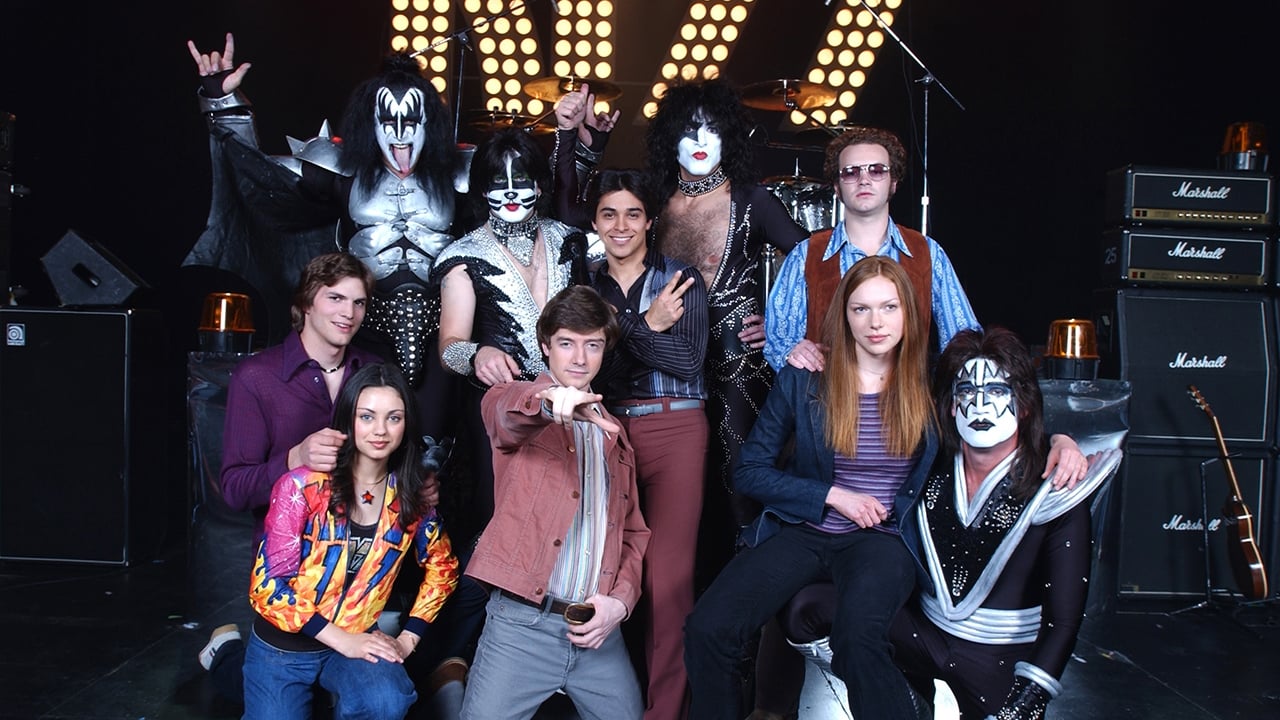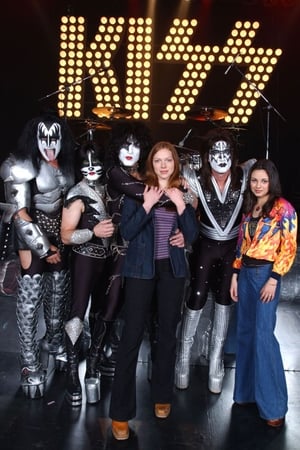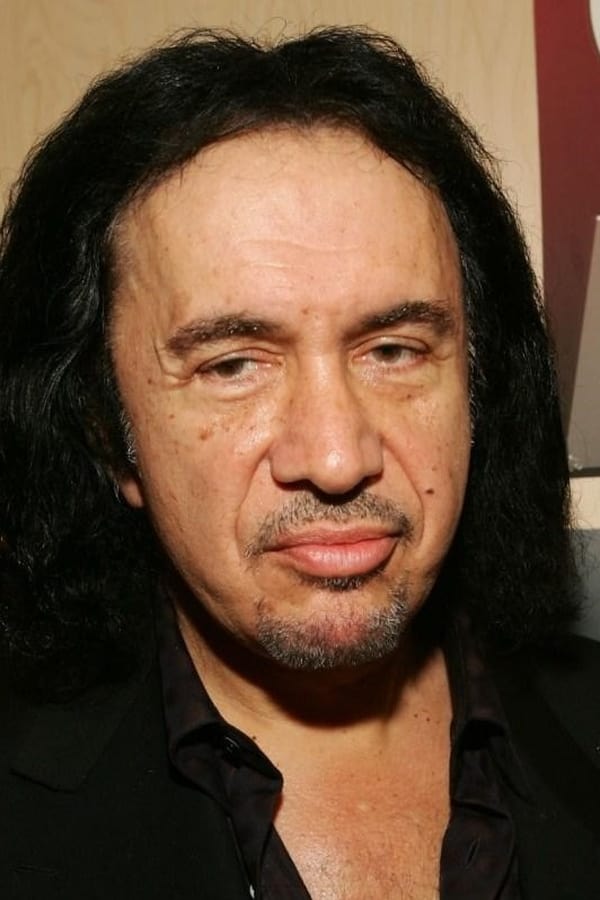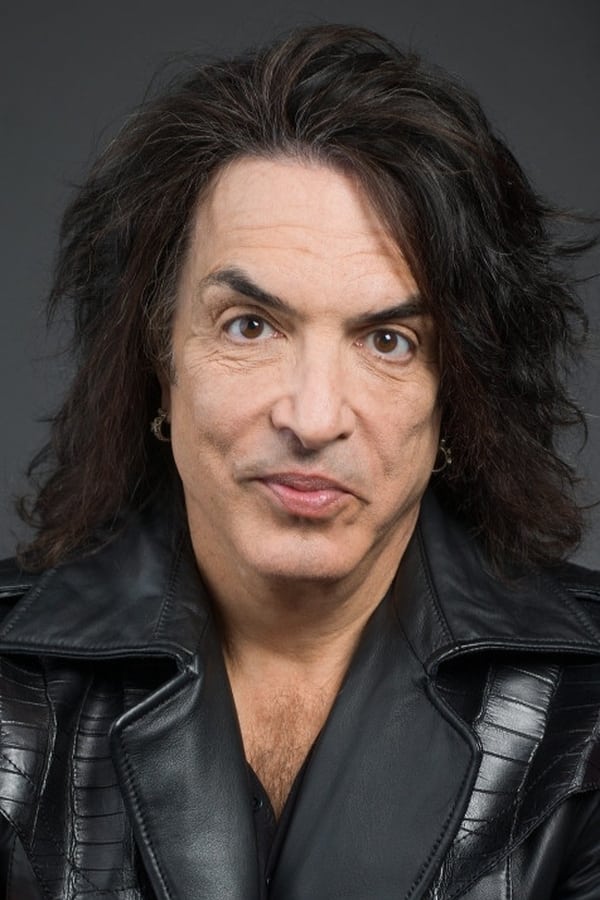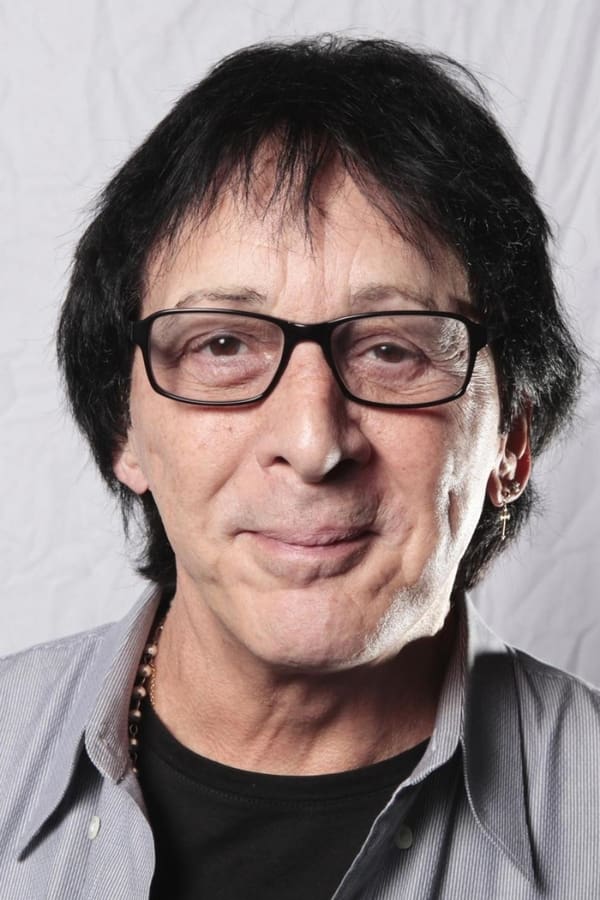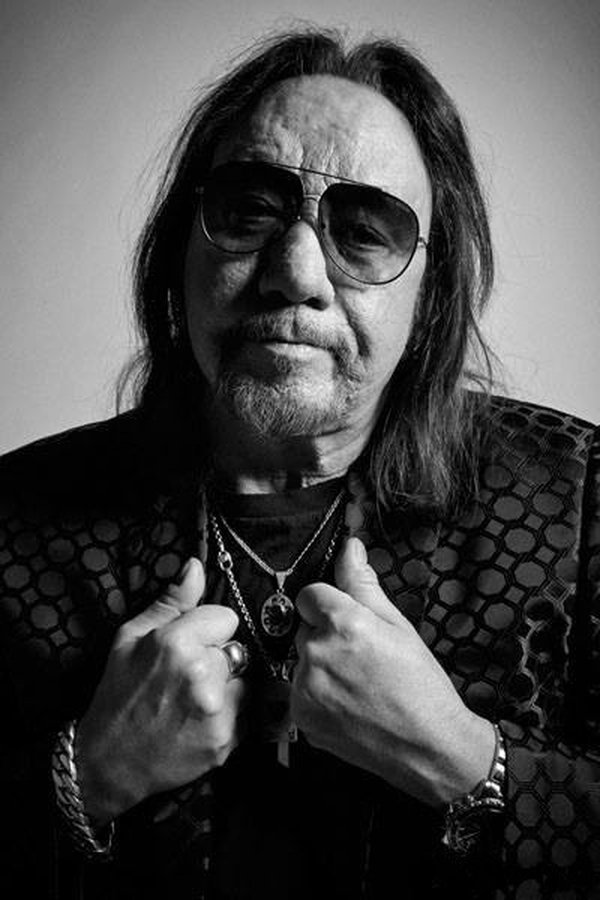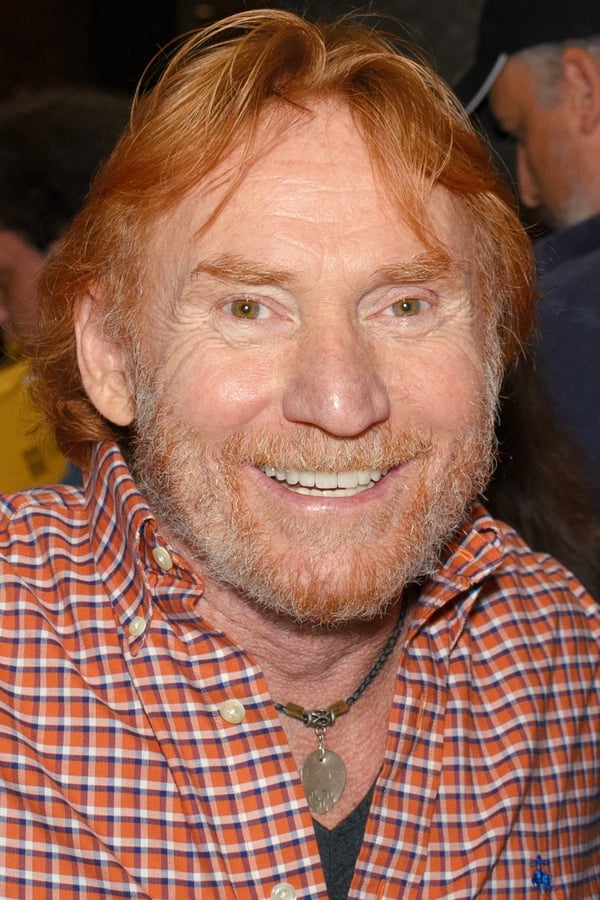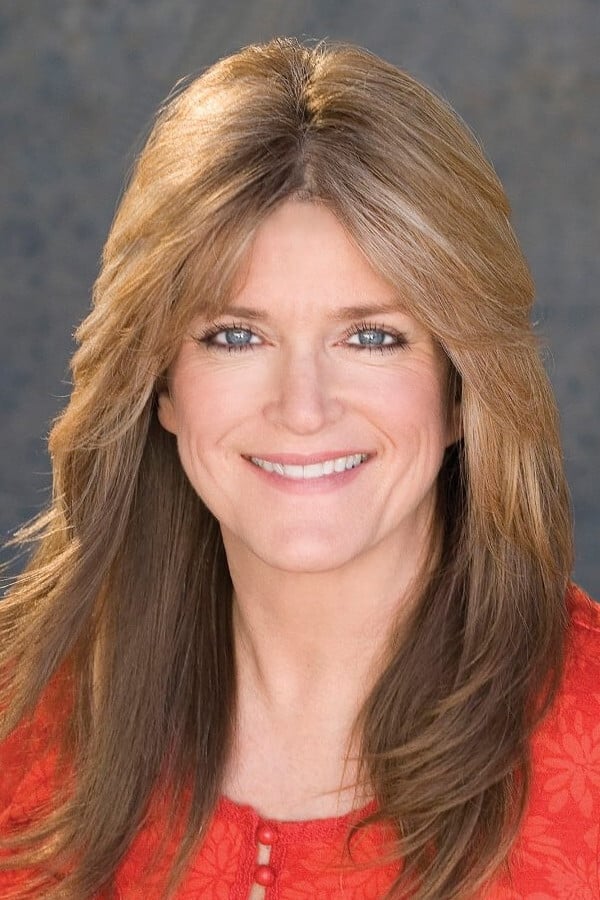Ah, Dead Poets Society. The infamous 1989 film that takes place in 1959, which unintentionally became self-referential in 2013 when Robin Williams died by suicide. Looks like there’s a dead poets society in real life too.
Robin Williams has a gift for playing father figure characters. However, this is very different from playing a father. Father figures tend to denote taboo: an emotional intimacy between two men who aren’t related. Generally, male mentor relationships don’t transcend what is being mentored. For example, coaches teach struggling kids to find solace in baseball. Implicit wisdom is imparted. Explicitly stating this wisdom would mean opening up about a tale of hardship, which men don’t often do. Instead, they impart stoic emotional fortitude onto the next generation by teaching young people to emotionally invest in activities that don’t require reflection. But Robin Williams’ characters take a different approach.
The taboo of Robin Williams’ father-figure characters makes them compelling. If a mother figure instilled wisdom in a young girl, no one would take pause because the patriarchy expects women to maintain a caring facade. Men label much-needed commiseration about patriarchal oppression as “girl talk” in order to trivialize it and deny their own role in propagating the patriarchy. That’s why, when men confide in each other, people take a pause. What could they have to talk about?
In Dead Poets Society, Williams plays the repressed John Keating, an English teacher at the fictional Welton Academy in Vermont. When Mr. Keating advises his student, Neal (Robert Sean Leonard), to audition for the school play, it evokes taboo not only because doing so would defy the boy’s father, but because Keating is defying the emotional suppression pact most men sign. When Neal participated in the school play, he gave the middle finger to a system that privileges him greatly and oppresses him only marginally. Because of his complacency in this system, Neal (and Mr. Keating) only seek to dismantle it insofar as to liberate himself.
